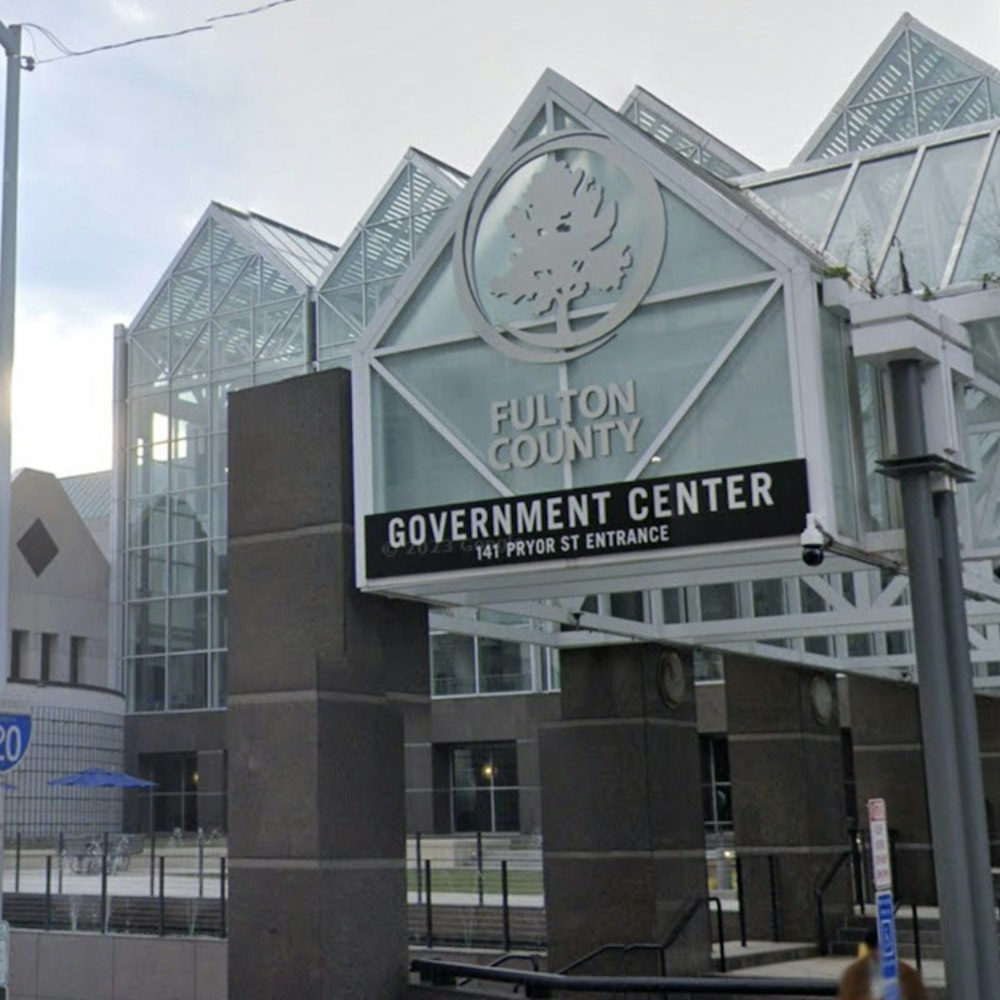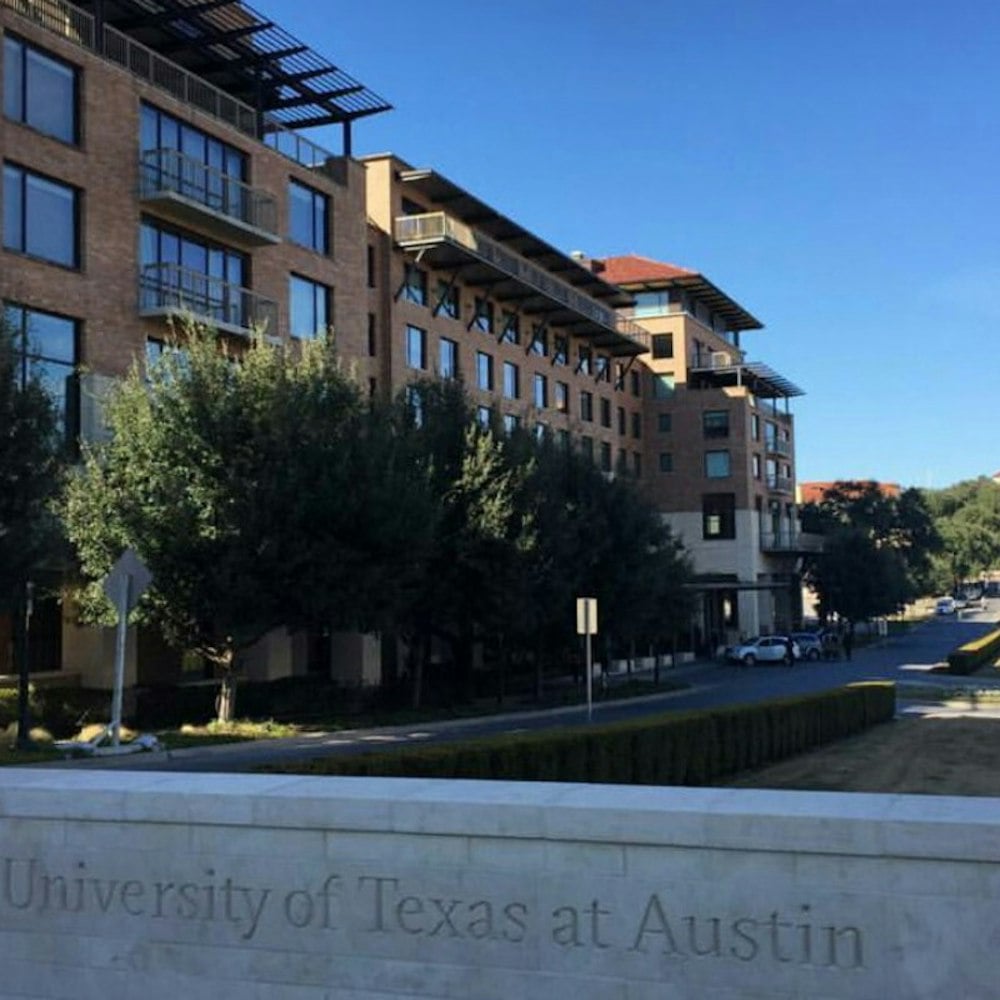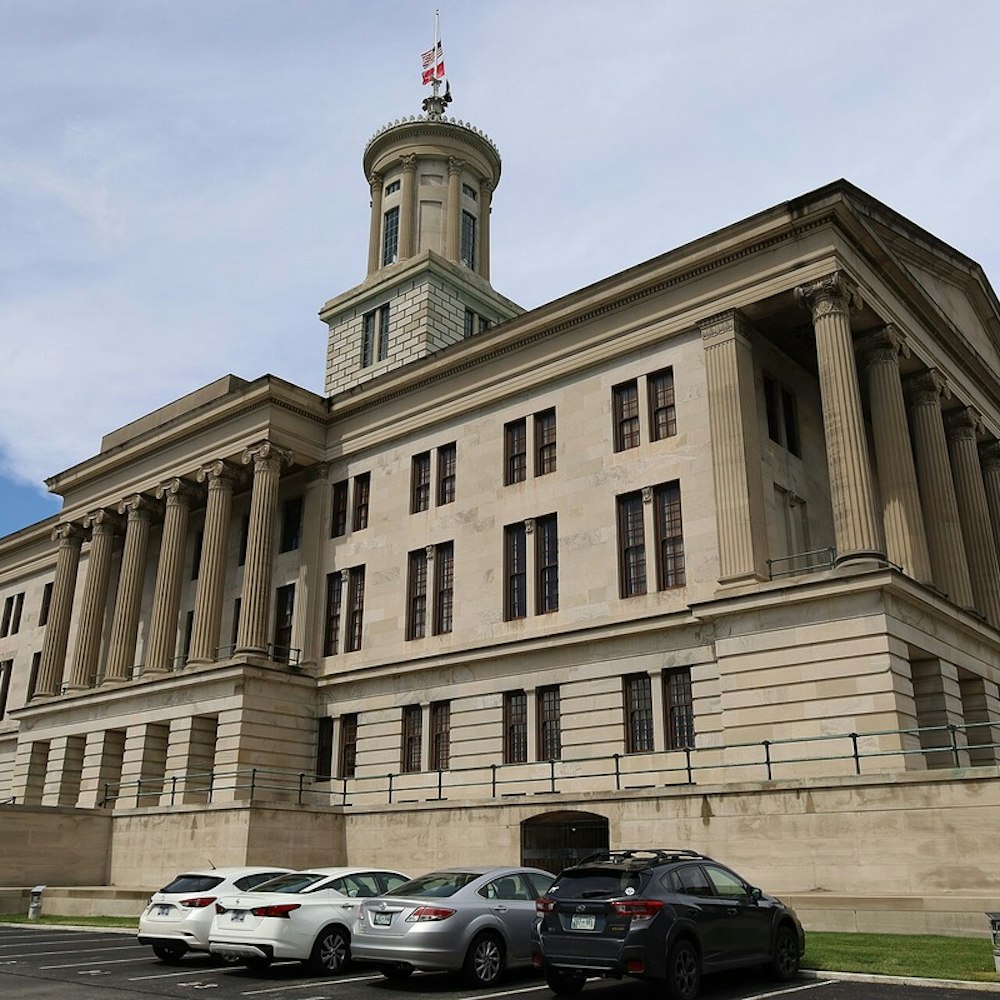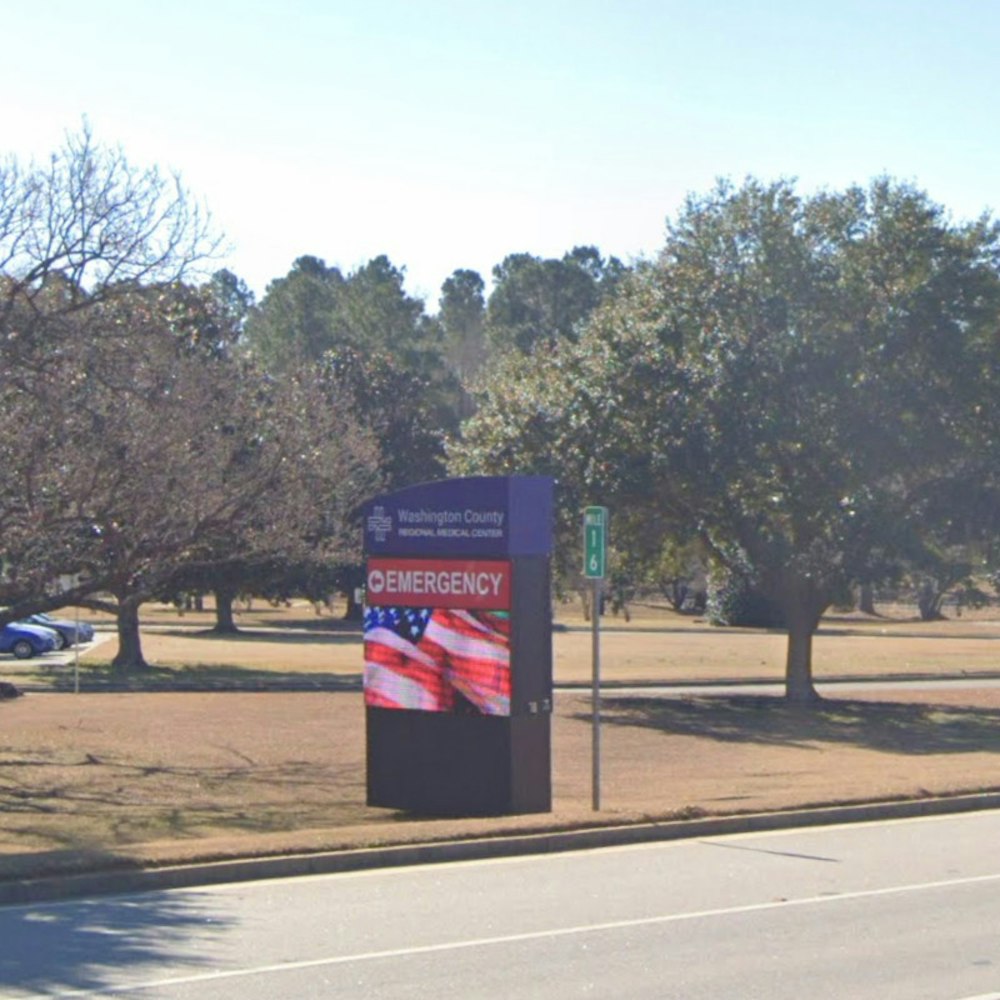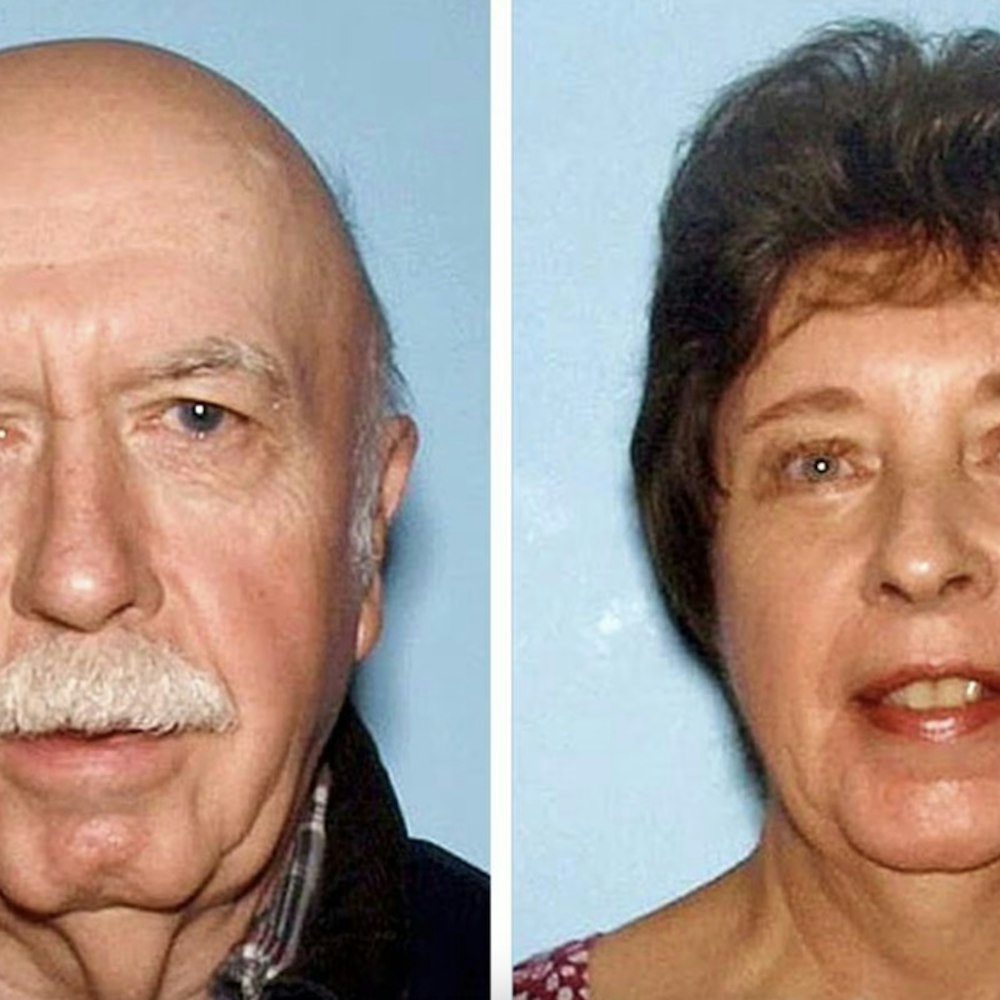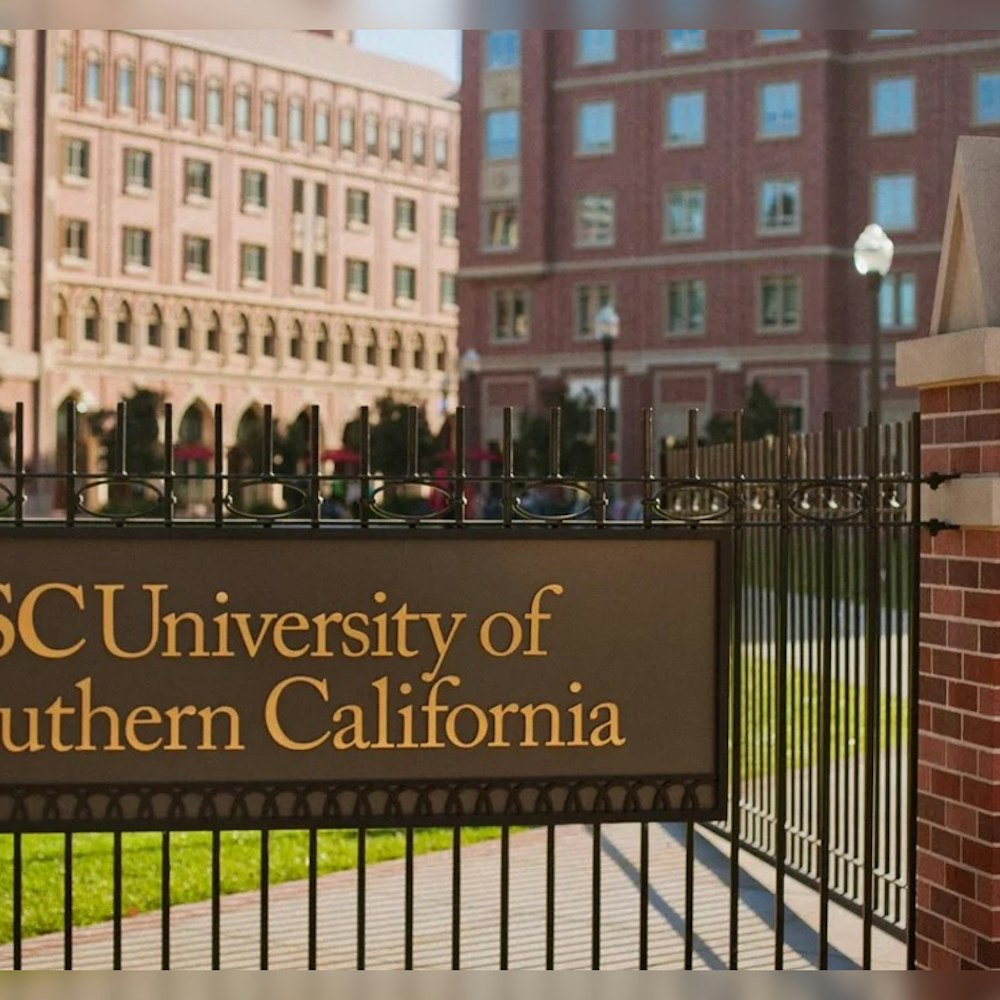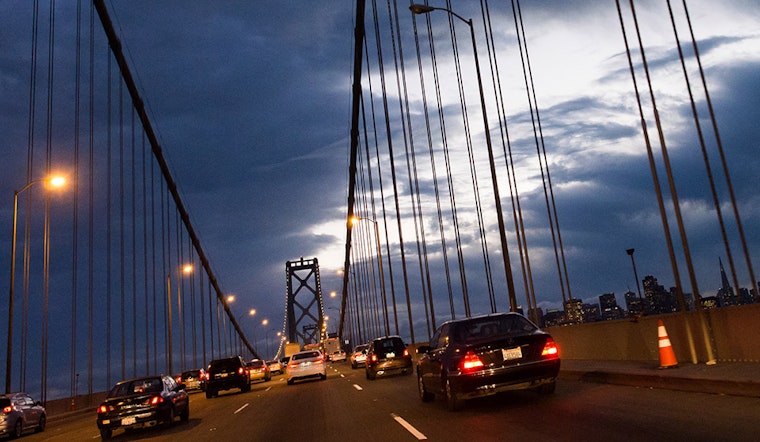
Over 10,000 San Franciscans—many of whom live in the city’s lowest-income neighborhoods—have suspended driver's licenses. Without the ability to drive, many have found it difficult to secure employment, take children to school, access social services, or even see family and friends.
Under an amnesty program signed into law by California Governor Jerry Brown, people with suspended licenses can get a second chance. Introduced in 2015, the program can reduce debt from unpaid traffic tickets incurred before 2013 by 50 or 80 percent, depending on a person's income, and help offenders reinstate their driver's licenses.
But on March 31st, the program will end—and local agencies are concerned that many who need it aren't aware and have yet to take advantage.
Before the final deadline hits, the Office of Economic and Workforce Development (OEWD) and the Financial Justice Project (an initiative of the City Treasurer’s Office) have launched a multi-lingual outreach campaign to increase the number of residents who apply for the amnesty program.
"In San Francisco, we want to ensure that every resident affected has access to amnesty and equal access to job opportunities—leading to a pathway out of poverty,” said Todd Rufo, director of the OEWD, in a statement.
"Driver’s license amnesty is a critical opportunity for people to get out of debt and back on the road,” said city treasurer José Cisneros.
As Cisneros notes, suspending licenses for a failure to appear in court or pay a fine doesn’t necessarily improve public safety, but causes great harm to the poor. According to OEWD, most of California's license suspensions originate from either a failure to appear in court, or a failure to pay court-ordered fines, often because of low income.
Licensed drivers have usually greater work advantages and options, including working at locations that aren't accessible by public transit, and working non-traditional hours. In fact, many employers require a driver’s license as a precondition to employment, either because driving is a part of the job or as a way to screen applicants.
Families are also better able to pick up or drop off children, or run important errands like taking kids to the doctor.
In January, Governor Brown introduced new legislation that would not allow courts to take away licenses from people who can't pay fines. But until that kicks in, the amnesty program is locals' best hope for recovering suspended licenses.
To learn more about the program and apply, go here—and be sure to take note of that March 31st deadline.
